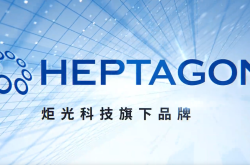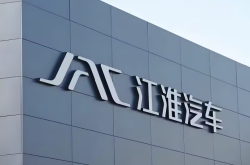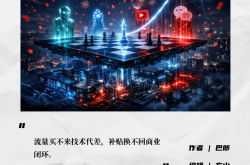2025 Chengdu Auto Show: Not Cooling Down, but Recovering from Market Fever
![]() 09/01 2025
09/01 2025
![]() 666
666
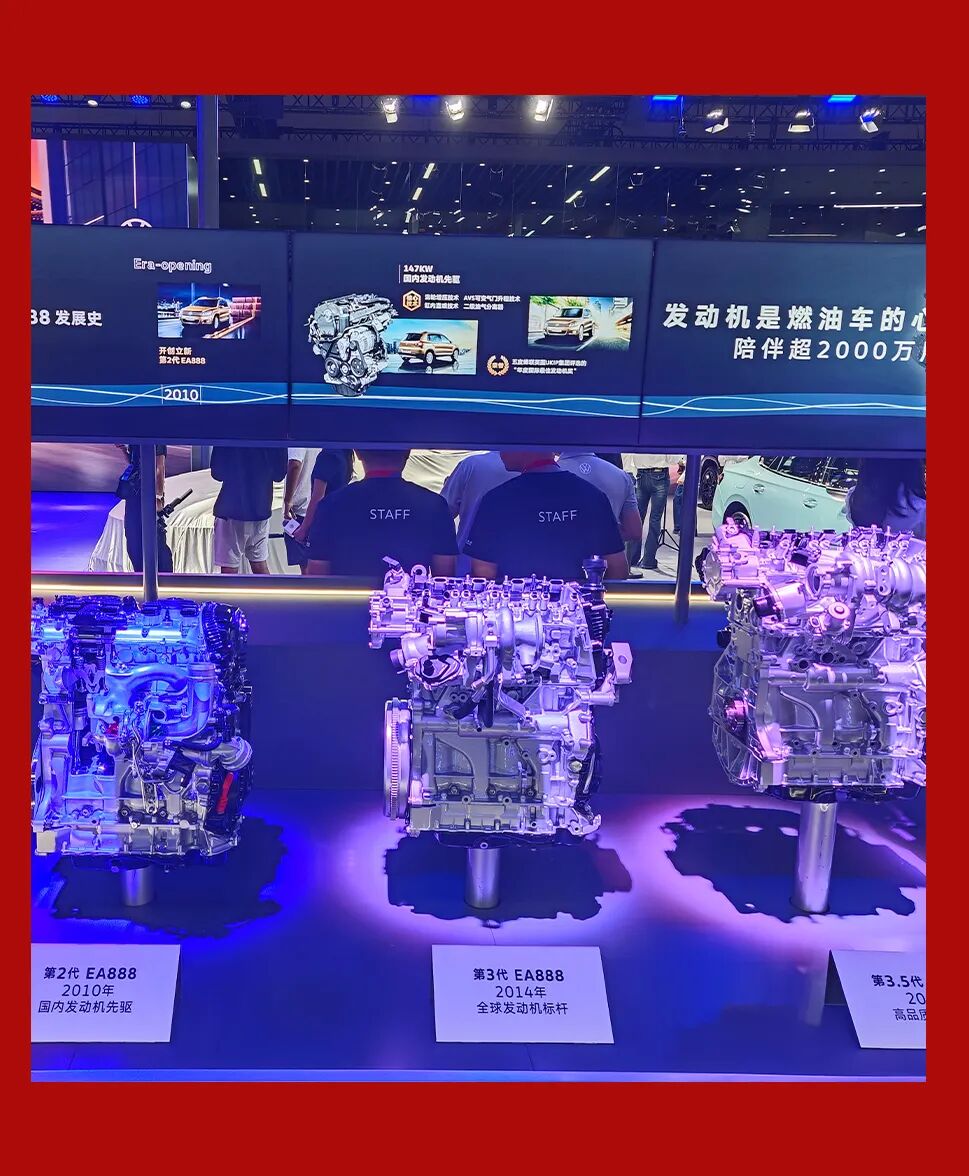
By Xue Fei
Produced by Five Star Car Reviews
As the autumn rain of 2025 gently fell upon the plaza of the Western China International Expo City in Chengdu, this year's Chengdu Auto Show was once again characterized as 'cooling down.' Over 20 automakers were absent, leaving just three outdoor giant advertisements, belonging to BYD, ARCFOX, and LIXIANG. Even the usual buzz of new car launches and celebrity appearances was notably absent.
However, if one still judges an auto show by its crowds or excitement levels, they have truly missed the pulse of the current auto market. At this year's Chengdu Auto Show, the spotlight was no longer on 'celebrity endorsements' or 'PR events' but on the increasingly cost-effective joint venture new cars and the pervasive intelligence of independent models. Models such as the MG MG4 and the SAIC Volkswagen Lamando L continuously reshaped everyone's perception of today's auto market.
It's important to note that Chengdu has long been the nation's leader in both new car sales and ownership. In the current era, where the auto market is transitioning from incremental growth to stock competition, auto shows are no longer mere showcases relying on foot traffic but have returned to the forefront of car sales. This is not a decline but a sign that the auto market has finally awakened to reality.
01 The Auto Show's Subdued Atmosphere Reflects Automakers' Strategic Calculations
In years past, the Chengdu Auto Show was a vibrant spectacle. Automakers flocked to launch new cars in packed exhibition halls, media swarmed around booths to scoop up news, and celebrities often caused traffic jams. Outside, luxury brands' giant advertisements dominated the landscape, as if fearing that consumers might miss them. The logic was straightforward: attract traffic through volume, convert it into sales, and use impressive figures like 'driving hundreds of billions of related industries' to bolster reputations.
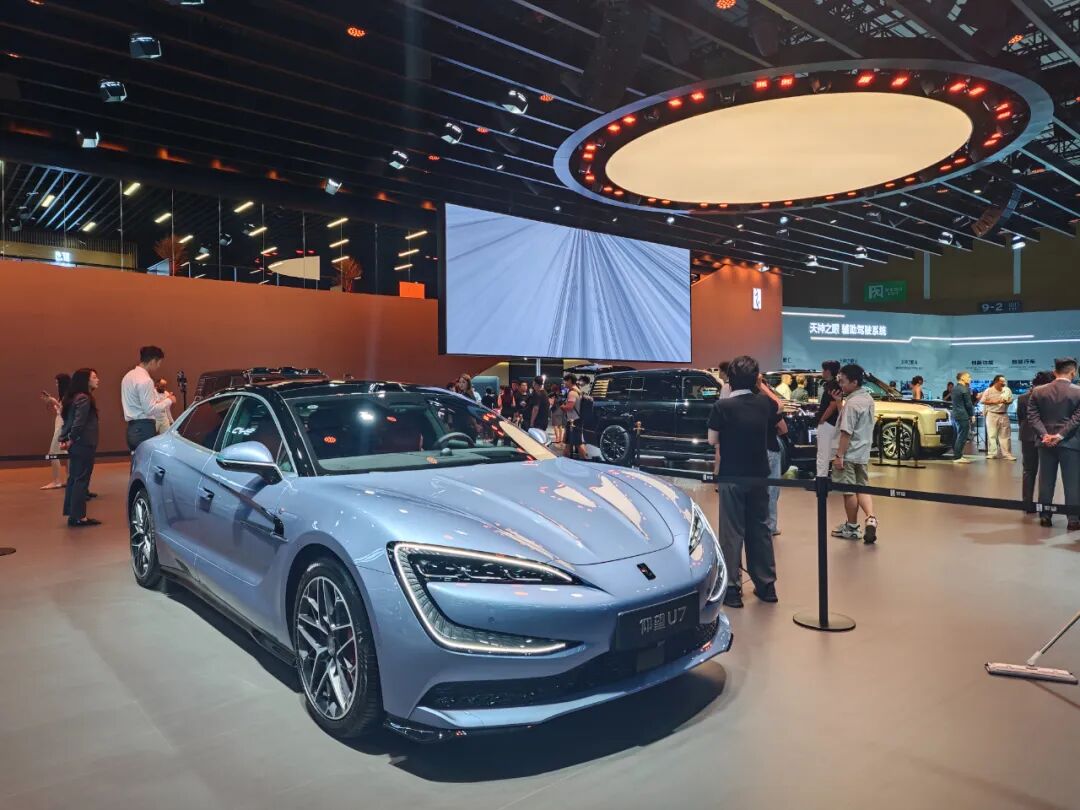
But the 2025 auto show broke free from this mold. More than half of the luxury brands abstained from the hustle and bustle of the exhibition halls. Even with 12 exhibition halls and nearly 80 vehicle brands, it was evident to all that automakers' need for 'booth shows' was significantly diminished.
Why? The answer lies in two words: strategic calculations.
In the first seven months of this year, while luxury car sales in Chengdu increased by 1.7% against the trend, it was domestic new energy luxury cars that shone, with traditional luxury brands all experiencing declines – Audi fell by 11.2%, BMW by 17.1%, Mercedes-Benz by 12.9%, and Land Rover by a staggering 29.4%.
Moreover, nationwide imported car sales declined by at least 20-30% and up to 40-50% in the first half of the year, and Chengdu was no exception. Even large dealers like the Yuntong Group faced cash flow issues at their BMW and Audi stores in Chengdu, making it difficult for car owners to pick up and maintain their vehicles. Under such circumstances, who would dare to spend money blindly on exposure?
Furthermore, the need to visit an auto show to see new cars has diminished. One can now discover highlights through short videos and live streams, check configurations on apps, inquire about prices in online communities, and even have test drives delivered to their doorstep. Nearby malls also offer opportunities to compare and test drive cars.
Coupled with the constant stream of auto shows throughout the year in Chengdu, the May Day auto show this year sold 18,000 vehicles and generated 3 billion yuan in sales. Consumers have long lost the obsession of 'only buying cars at auto shows.'
Automakers have finally realized that, with thin auto market profits and tight cash flow, excitement is the most futile cost. Rather than spending money to grab the spotlight, it's better to allocate the budget where it's most needed – selling cars, helping dealers recover, and offering users real discounts. These are the true values.
02 Chengdu's Auto Market Foundation Remains Unshaken
Some may sing a dirge about 'the decline of the Chengdu Auto Show,' but they overlook its strongest foundation – Chengdu's status as 'the nation's largest auto consumption market,' which remains unwavering.
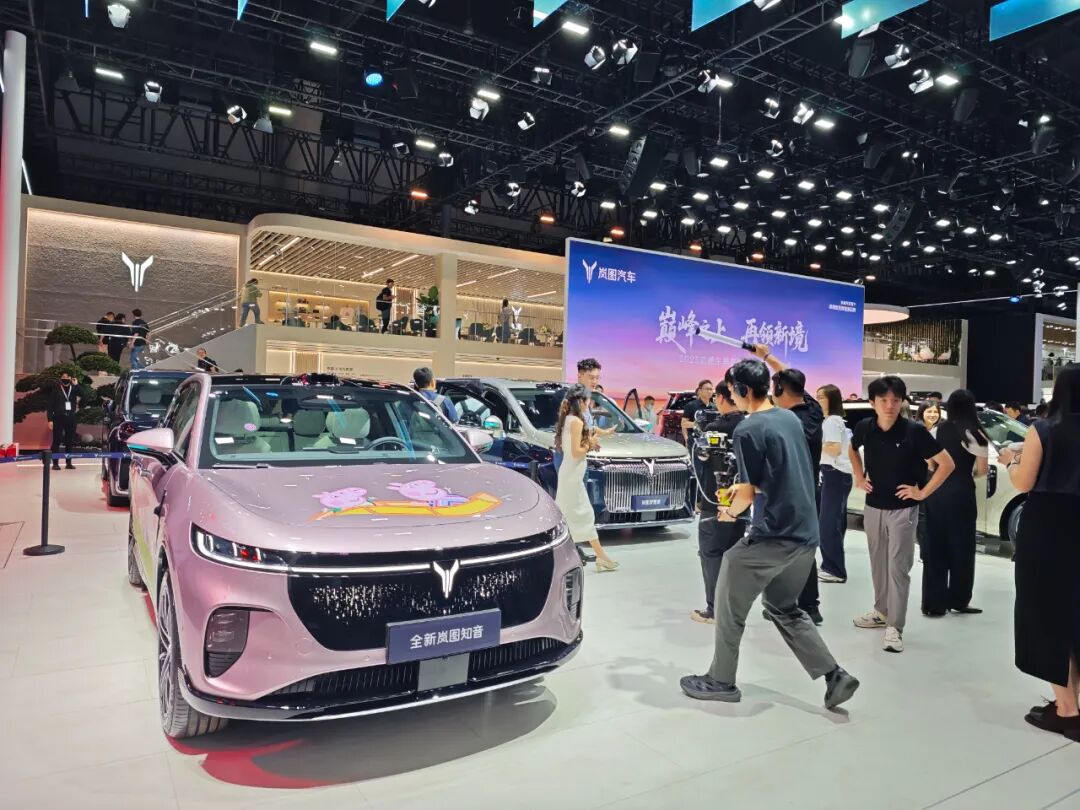
In 2023, Chengdu surpassed Beijing in car ownership to become the national leader. In 2024, with a year-on-year increase of nearly 9%, it surged from third to first place nationwide with annual sales of 665,000 vehicles. In the first seven months of 2025, it firmly held the top spot with sales of 361,000 vehicles, leaving Beijing, Guangzhou, and Shanghai behind. This achievement was not built on excitement but nourished by Chengdu's 'inherent advantages.'
First, Chengdu has no 'local protectionism.' While regions like Beijing-Tianjin-Hebei and the Yangtze River Delta favor their local automakers, Chengdu has no locally produced cars and treats all brands equally, fostering a market-oriented competitive environment that makes automakers willing and daring to come.
Secondly, Chengdu people 'have money and dare to spend it.' As the fourth largest city in terms of population nationwide, Chengdu's economy consistently ranks among the top ten in the country. In 2024, the per capita disposable income of urban residents was 60,000 yuan, far exceeding the national average of 41,000 yuan.
More crucially, housing prices in Chengdu are much lower and less volatile compared to Beijing, Shanghai, Guangzhou, and Shenzhen. Common people don't have to spend all their money on housing and are willing to invest in auto consumption – auto consumption here accounts for up to 18% of total consumption and is also a core base for self-drive travel, so the demand for car purchases is inherently strong.
Furthermore, Chengdu has ample 'staying power.' In 2023, it introduced 281 advanced manufacturing projects with agreed investments exceeding 500 billion yuan. In 2024, another 500 industrial projects, each worth over 100 million yuan, were launched. The economic growth and income increases spurred by these projects will translate into future auto consumption power.
For automakers, the Chengdu Auto Show is not just about selling a few cars but also a 'bridgehead' for capturing the southwest market. The annual sales volume in the southwest region exceeds 2 million vehicles, accounting for one-seventh of the national total, and Chengdu can radiate to consumers within a 300-kilometer radius.
Currently, the penetration rate of new energy vehicles in the southwest is 35%, which is 5 percentage points lower than the national average – this represents tangible incremental space, and the Chengdu Auto Show serves as a window for automakers to tap into this market.
03 Pragmatism Over Excitement: The New Norm for Auto Shows
The 'coldness' of this year's Chengdu Auto Show is actually a microcosm of the auto market's transformation. Automakers are no longer blindly participating but are choosing channels that can precisely reach consumers. Consumers are no longer following the crowd to visit exhibitions but are only concerned about 'how much cheaper the auto show price is compared to 4S stores' and 'when can I pick up the car.' This 'coldness' is not a reduction in functionality but a sign that auto shows have finally found their rightful place.
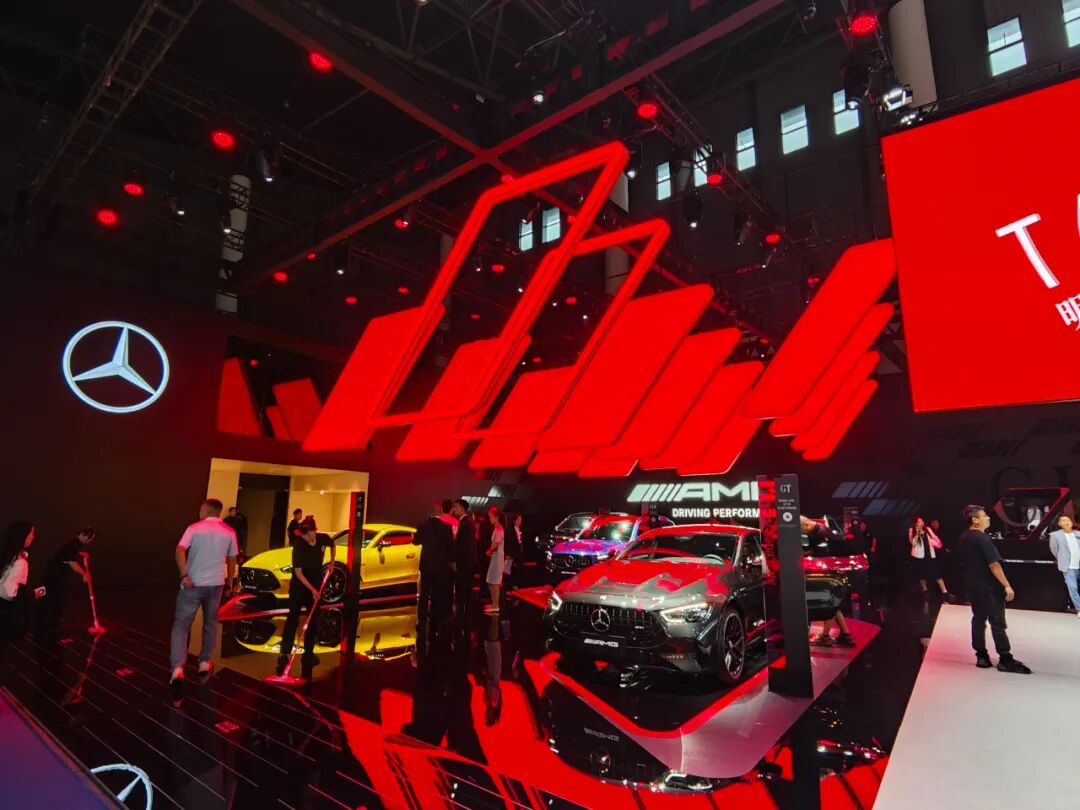
Future Chengdu Auto Shows may no longer boast the 'grand spectacle' of crowds but will be more precise and pragmatic. For consumers, it's a convenient window for one-stop comparison of mid-to-high-end models, allowing them to thoroughly understand several desired cars without having to visit 4S stores across the city. For automakers, it's a core channel to reach the main force of southwest consumers, enabling them to directly connect with potential buyers without engaging in superficial marketing. For the industry, it's a sample for observing regional consumption trends, and the direction of the southwest market can be discerned from what cars Chengdu people buy and how they buy them.
Ultimately, the value of auto shows has never been supported by the number of participating brands or media accommodation but by the underlying consumption volume and market potential. As long as Chengdu's status as 'the nation's largest auto consumption market' remains unchanged and as long as the incremental space in the southwest market still exists, the Chengdu Auto Show will continue to be an indispensable main stage for automakers.
The 2025 Chengdu Auto Show is not 'cooling down' but 'recovering from fever' – recovering from the false fever of the auto market's incremental era and revealing the pragmatic core under stock competition. This is not a decline but the first step towards high-quality competition in the auto market and the new norm that auto shows should embrace.
------- The End -------

